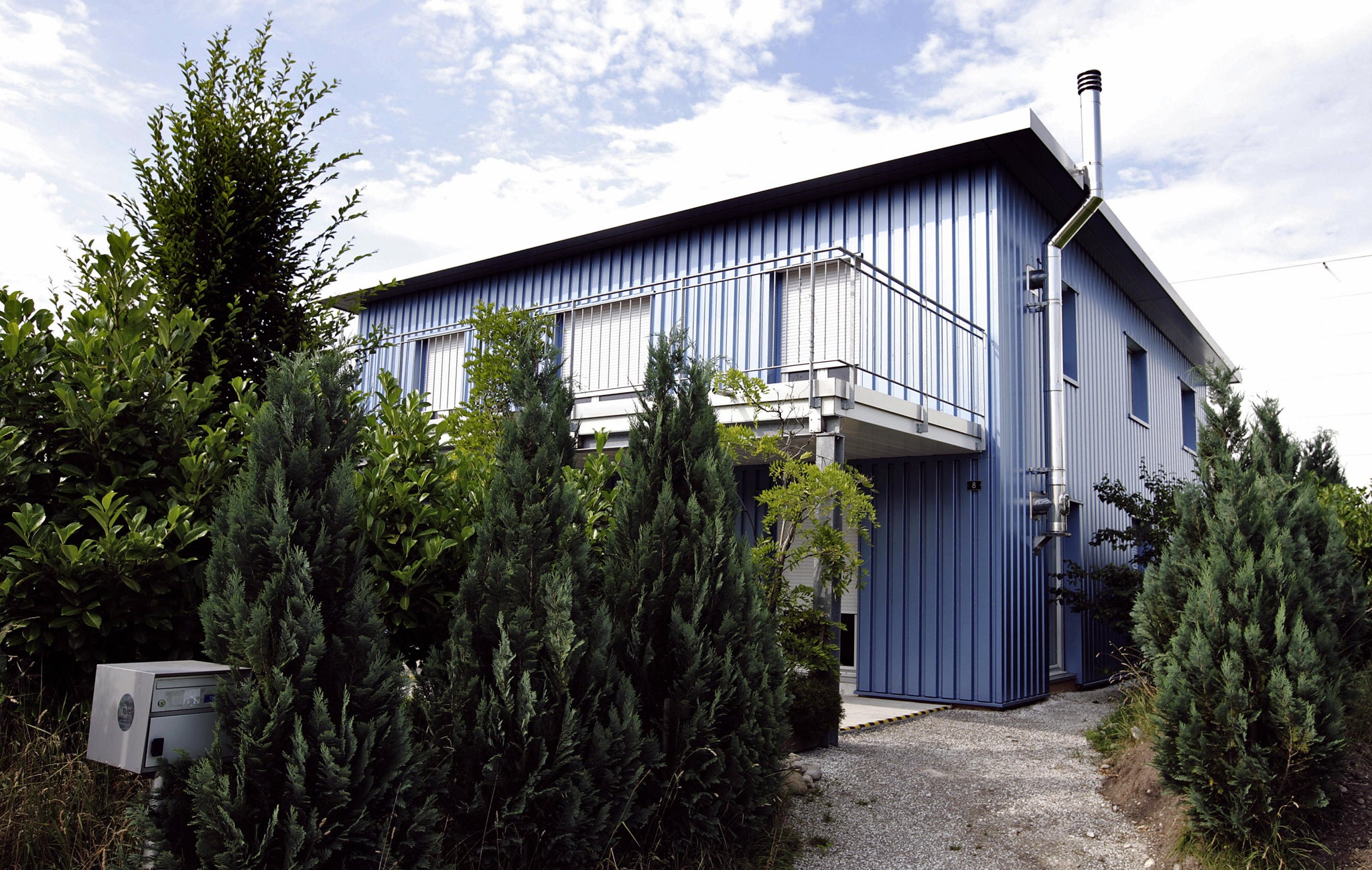Retired British art teacher ends life at Dignitas ‘because she couldn’t adapt to modern world’
The 89-year-old said she had grown weary of ‘swimming against the current’ in a world of computers, TV and fast food

Your support helps us to tell the story
From reproductive rights to climate change to Big Tech, The Independent is on the ground when the story is developing. Whether it's investigating the financials of Elon Musk's pro-Trump PAC or producing our latest documentary, 'The A Word', which shines a light on the American women fighting for reproductive rights, we know how important it is to parse out the facts from the messaging.
At such a critical moment in US history, we need reporters on the ground. Your donation allows us to keep sending journalists to speak to both sides of the story.
The Independent is trusted by Americans across the entire political spectrum. And unlike many other quality news outlets, we choose not to lock Americans out of our reporting and analysis with paywalls. We believe quality journalism should be available to everyone, paid for by those who can afford it.
Your support makes all the difference.An 89-year-old British woman has killed herself at the Dignitas assisted suicide clinic in Switzerland, in part because she had become fed up with the modern world of emails, TVs, computers and supermarket ready meals.
Speaking in an interview before her death and asking only to be identified as Anne, the former art teacher and Royal Navy engineer said she had had enough of “swimming against the current” of the world.
In her application to Dignitas she reportedly described her life as “full, with so many adventures and tremendous independence”, but had recently found her strength and health fading and feared the prospect of a prolonged period in hospital or a nursing home.
Anne, from Sussex, was neither terminally ill nor seriously handicapped when she died, and beforehand spoke out in favour of people having the right to die in the UK.
She told the Sunday Times: “They say adapt or die. At my age, I feel that I can’t adapt, because the new age is not an age that I grew up to understand. I see everything as cutting corners. All the old-fashioned ways of doing things have gone.”
Anne told the newspaper she felt email had taken the humanity out of human interaction, and said people were “becoming robots” sat in front of screens.
She described her horror at the rows of ready-made meals on sale in supermarkets, and her fears about the environmental impact of overcrowding and pollution.
“I find myself swimming against the current, and you can’t do that,” she said. “If you can’t join them, get off.”
Michael Irwin, the founder of the Society for Old Age Rational Suicide (Soars), helped Anne with her application to Dignitas. He said she had ended her life “with quiet determination”, and that her only “regret” was that she had been made to travel to Switzerland, accompanied by her 54-year-old niece, to do so.
Anne killed herself on the 27 March. Just the day before, David Cameron said he would oppose the relaxing of assisted suicide laws in Britain on the grounds that people could feel “unfairly pressurised” into ending their lives.
The Prime Minister intervened when the Liberal Democrat Care Minister, Norman Lamb, claimed that proposed legislation to legalise the practice among terminally ill adults with less than six months to live had achieved “quite widespread public support”.
Assisted suicide remains a criminal offence in England and Wales, technically punishable by up to 14 years in prison – though Crown Prosecution Service guidelines indicate anyone acting with compassion to fulfil a dying person’s wishes is unlikely to face criminal charges.
For confidential support call the Samaritans in the UK on 08457 90 90 90, visit a local Samaritans branch or click here for details